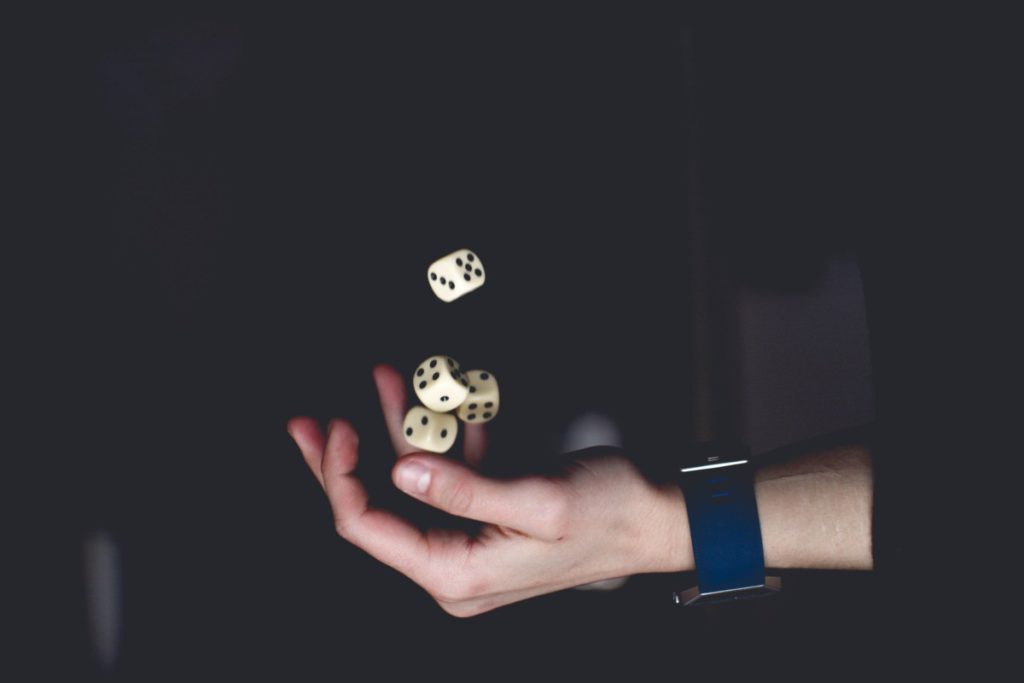Image Source: pixabay.com
The Middle Jewel of the Triple Crown, the Preakness Stakes Race is considered as the middle sister of the Kentucky Derby and Belmont Stakes. Although it is the second bijou of the horse racing family, it definitely does not come as second class when it comes to traditions and entertainment.
The Preakness Stakes Race had its first run at Pimlico Race Course in Baltimore, Maryland in 1873 and has always been held on the third Saturday of May. In terms of traditions, the Preakness is rich in heritage which adds to the horse racing sports appeal. Want to know more about Preakness’ treasured traditions? Then read up ahead for more information.
Painting of Pimlico Weather Vane
There was no other place to be on Preakness day than the Victorian building known as the Old Clubhouse from 1870 to 1996. The beautiful abode for the horse racing fans was decorated with gleaming wood floors and numerous sitting rooms, a wrap-around porch and was topped with an ornate cupola and an arrow-shaped weather vane.
However, the building was set on fire in June 1996 and the only saved thing was the iron weather vane which then was put away for safekeeping at the Pimlico as a memento. The Maryland Jockey Club then, commissioned an ornamental ironworker to forge a vane with a form of a horse and a rider. By the spring, the weather vane was Christened by a coating with the colors of the silks from the winner of 1909 Preakness, Effendi.
Now, it has become a tradition that every time the winner of the Preakness Stakes Race has been declared officially, a painter will climb up a ladder towards the weather vane and applies the colors of the victorious owner’s silks.
Woodlawn Vase
The Woodlawn Vase is passed down from winner to winner ever since it was created in 1960. This trophy was created by Tiffany and Company in 1860 which is a solid sterling silver piece that has been touted as “the most expensive trophy in American Sports” by the Preakness officials, with an insurance appraisal value estimated to be worth 4 million dollars in today’s time.
However, that all changed when A.G Vanderbilt’s Native Dancer won it but refused to safe-keep the precious trophy since his wife did not want to take on the immense responsibility the Woodlawn Vase brings. Thus, to resolve the issue, the passed down trophy has been changed into a 30,000-dollar sterling replica and is now the winning owner’s award on a permanent basis while the perpetual is on display at The Baltimore Museum of Art which is brought to Pimlico with guards securing its safety for the annual running of the Preakness.
Black-Eyed Susan Blanket
The Black-Eyed Susan Blanket has remained a long-standing tradition in presenting the winner of the Preakness. The winner of the race is draped with the blanket across its shoulders, and the Preakness winner who was the first to wear the floral blanket of the Black-Eyed Susans was Colonel Edward R. Bradley ‘s Bimelech in 1940.
The construction of the blanket has varied in the method, from being loosely intertwined garland of black-eyed Susan flowers tied with hemp rope, to the type of presentation the current blanket has today. The floral blanket is created shortly before the Preakness Day, which takes about eight hours with four people making the blanket.
Preakness’ Official Drink
Raise a glass whether you are on your victorious state or you’re cheering on, nevertheless this official cocktail drink tradition is a must-taste for a fine and joyous day. This traditional drink is called as the Black-Eyed Susan, which is served at the Alibi Breakfast to the fans gathering on the Black-Eyed Susan Day and Preakness Day.
Its recipe has been changed over the years but even with the changes, the liquor used for this drink is the company that is currently sponsoring it. However, the appearance of this drink has mostly stayed similar over the course of years, with its pale-yellow color and fruity flavor served in a special glass with the current year’s logo and a list of all the Preakness’ champions.
Preakness Stakes Song
Maryland, My Maryland is the traditional Preakness Stakes Song wherein the Pimlico crowd joins in the singing while it is usually being performed by the United States Naval Academy Glee Club.
Takeaway
Isn’t it great to know the joyous traditions of the much-awaited Preakness Day? Surely there’s not an hour that you will feel bored since the event will be filled with thrilling moments and merriment. As for the new budding horse racing enthusiasts, knowing these surely just pumped up the horse racing aficionado in you, didn’t it?
Hence this is the main reason why you should buckle up and hold your horses till the much-awaited Preakness day. Lastly, if you would like to be more excited on of the upcoming Preakness Day, you may do your research by visiting sites like https://www.tvg.com/promos/preakness-stakes/ which can give you a full view of the much awaited event.

